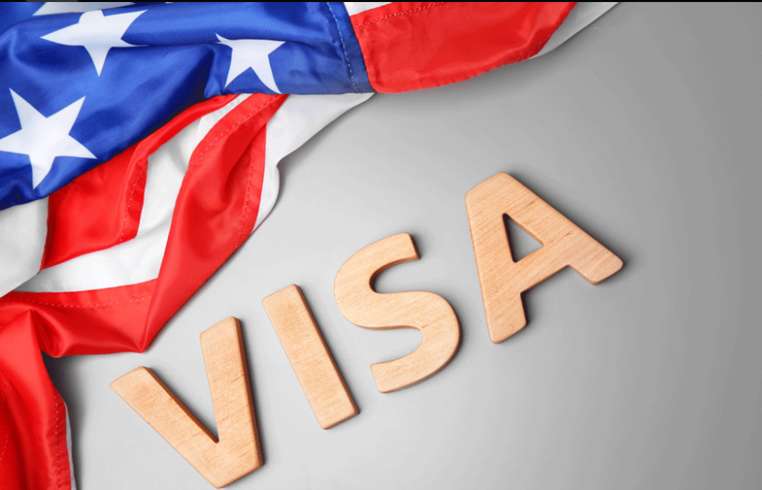
USCIS Expands Screening for “Anti-Americanism” in Immigration Applications

USCIS Expands Screening for “Anti-Americanism” in Immigration Applications
On August 19, 2025, U.S. Citizenship and Immigration Services (USCIS) officially expanded its discretionary screening criteria to include “anti-Americanism” and antisemitism when reviewing immigration applications.
What This Means
Immigration officers are now instructed to consider whether an applicant has promoted, endorsed, or supported anti-American ideologies, antisemitic groups, or terrorist-related content. This applies to a wide range of applications, including H-1B work visas, green cards, naturalization, parole, and other immigration benefits.
Social Media Under the Microscope
USCIS has confirmed that it will place greater emphasis on social media vetting, reviewing posts and online activity on platforms such as X, Facebook, Instagram, YouTube, and LinkedIn. Content deemed hostile to American values—such as praise for terrorist groups, Holocaust denial, or calls for violence—may be flagged as negative evidence.
Concerns About Free Speech
Critics argue the policy is vague and could lead to inconsistent or biased decision-making. Civil rights advocates also raise concerns that ideological vetting may conflict with free speech principles, drawing comparisons to past McCarthy-era practices.
Practical Impact for Applicants
Longer processing times are likely due to expanded background checks.
Applicants may be asked to provide explanations for online activity or associations.
Employers of foreign workers may face additional compliance risks if employees’ public expressions become an issue.
Takeaway
The new USCIS policy signals a major shift in how immigration cases are judged. For applicants, the safest approach is to review their digital footprint carefully and seek legal guidance before filing new petitions.
